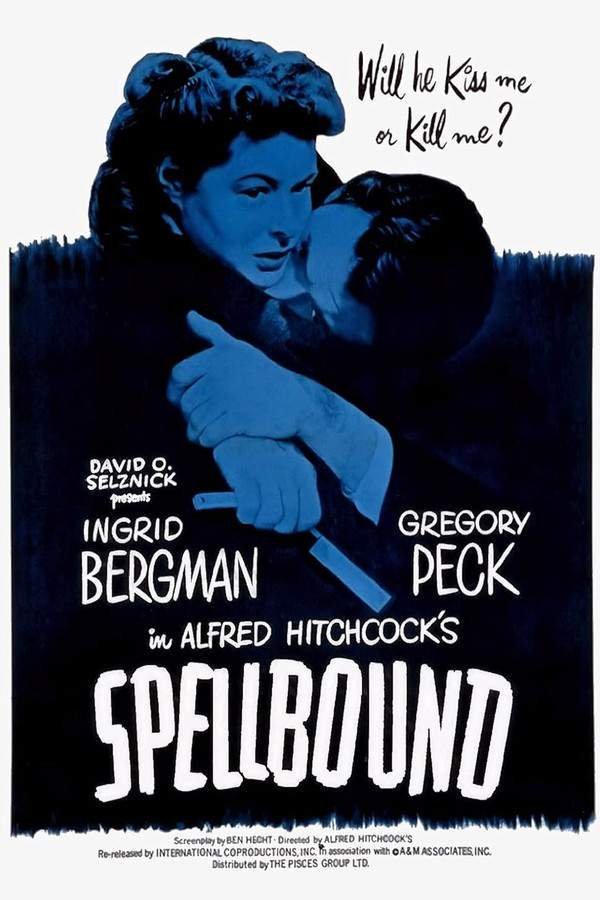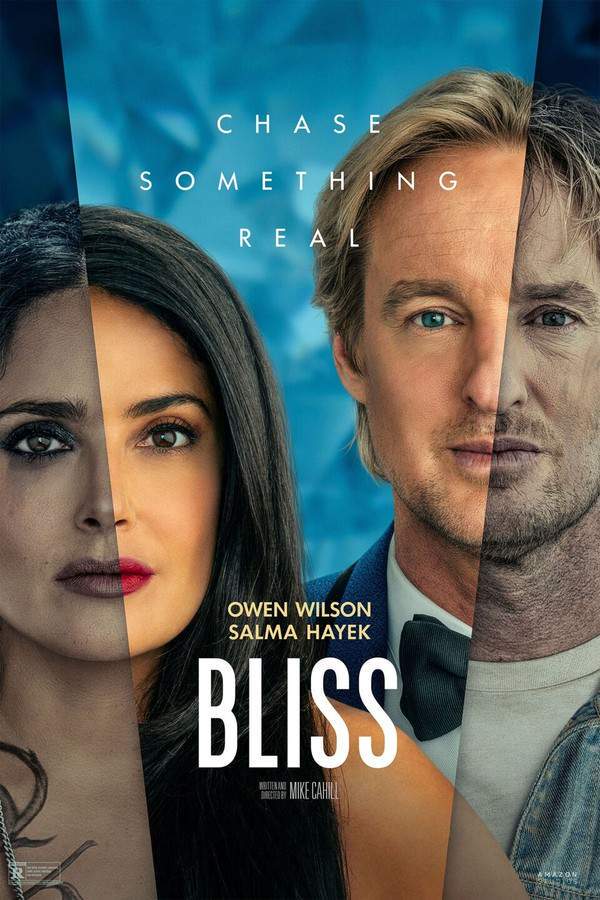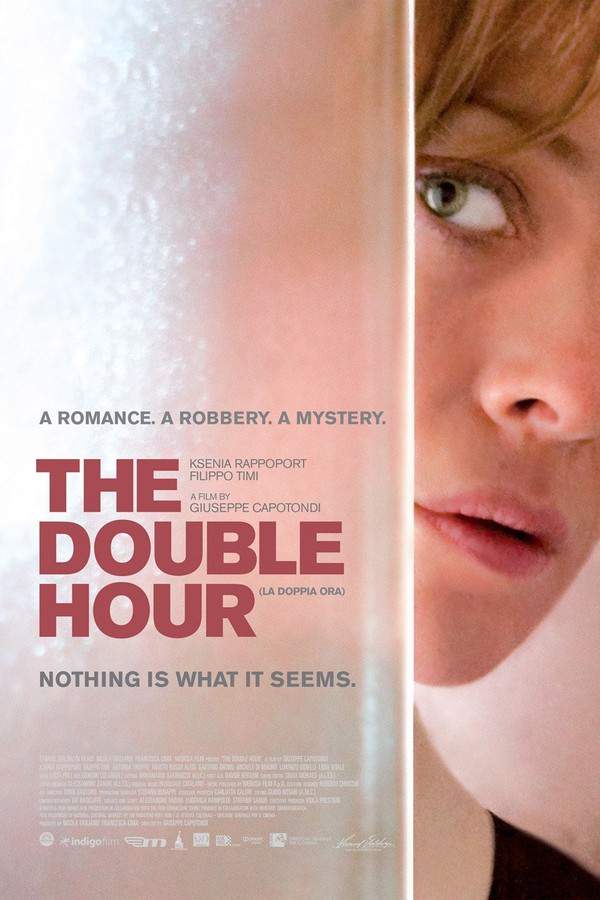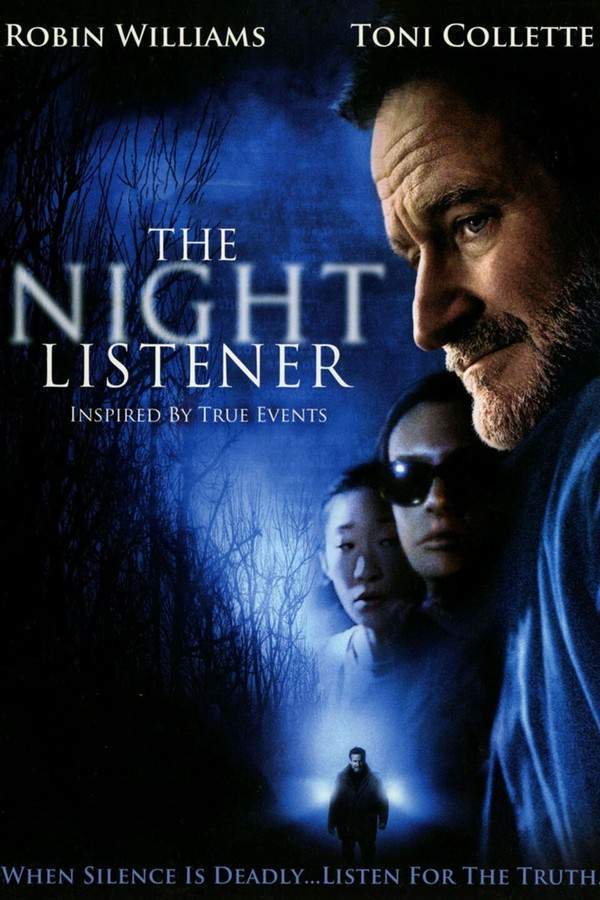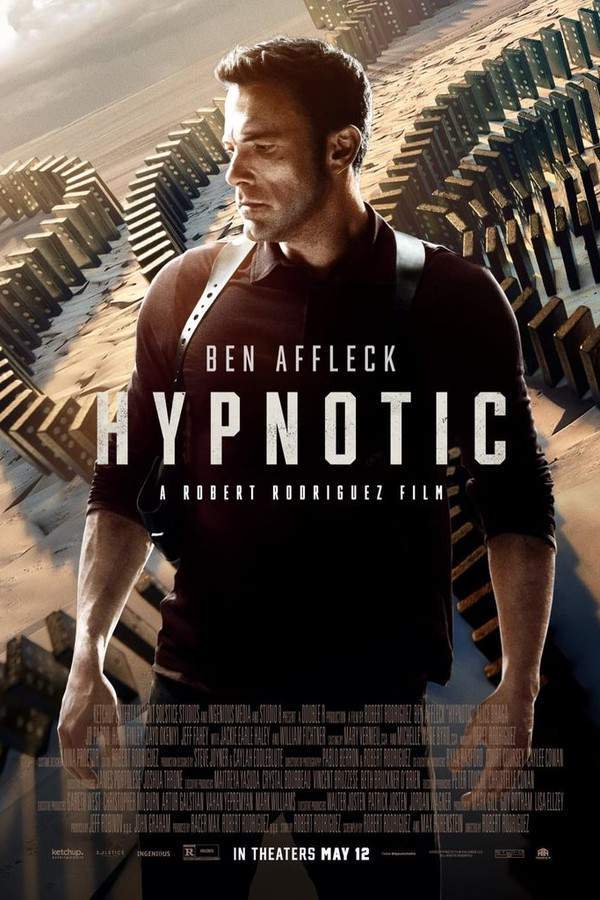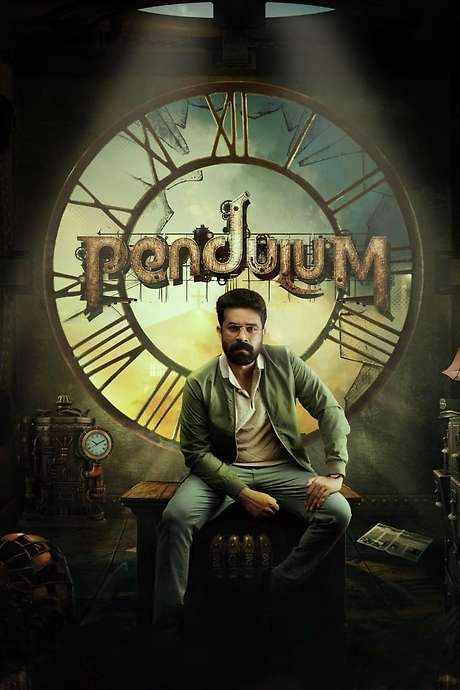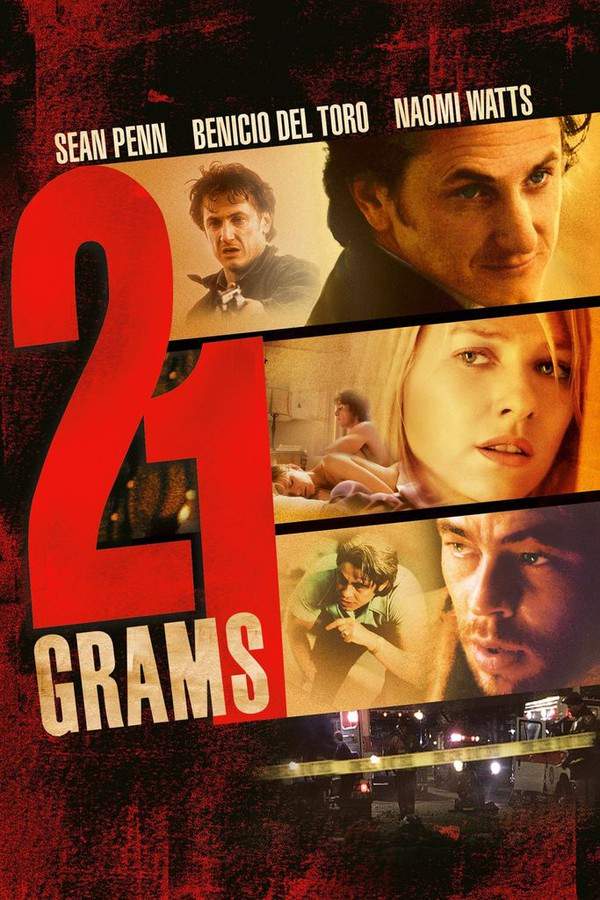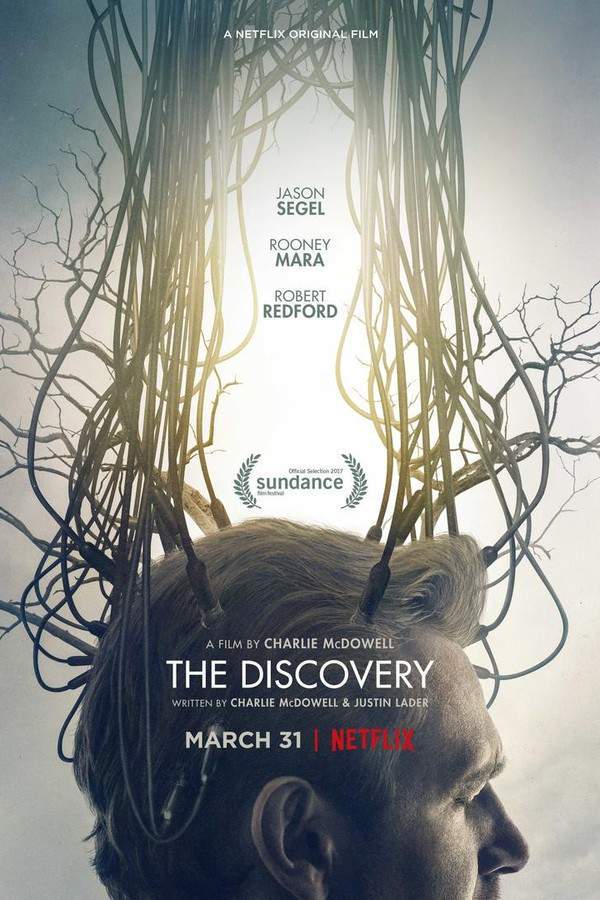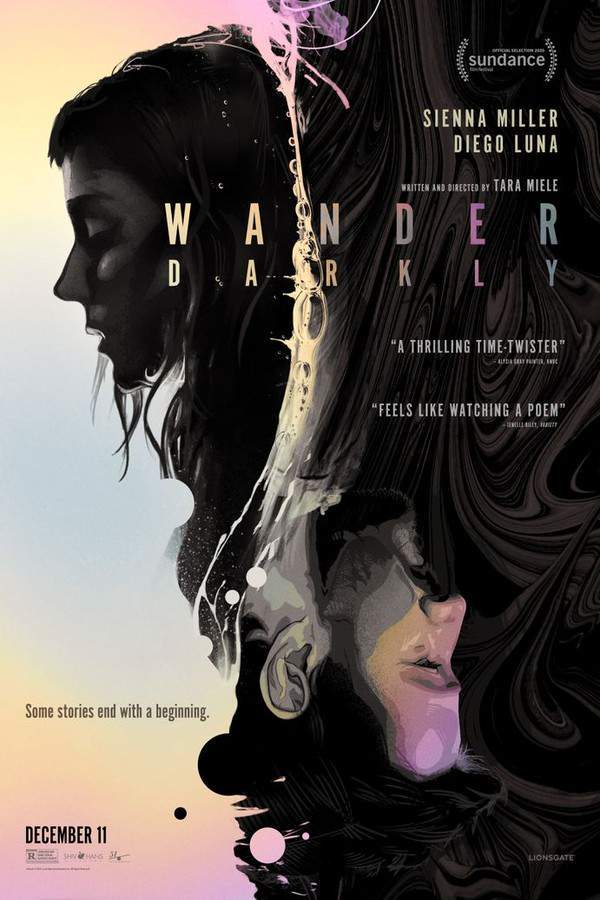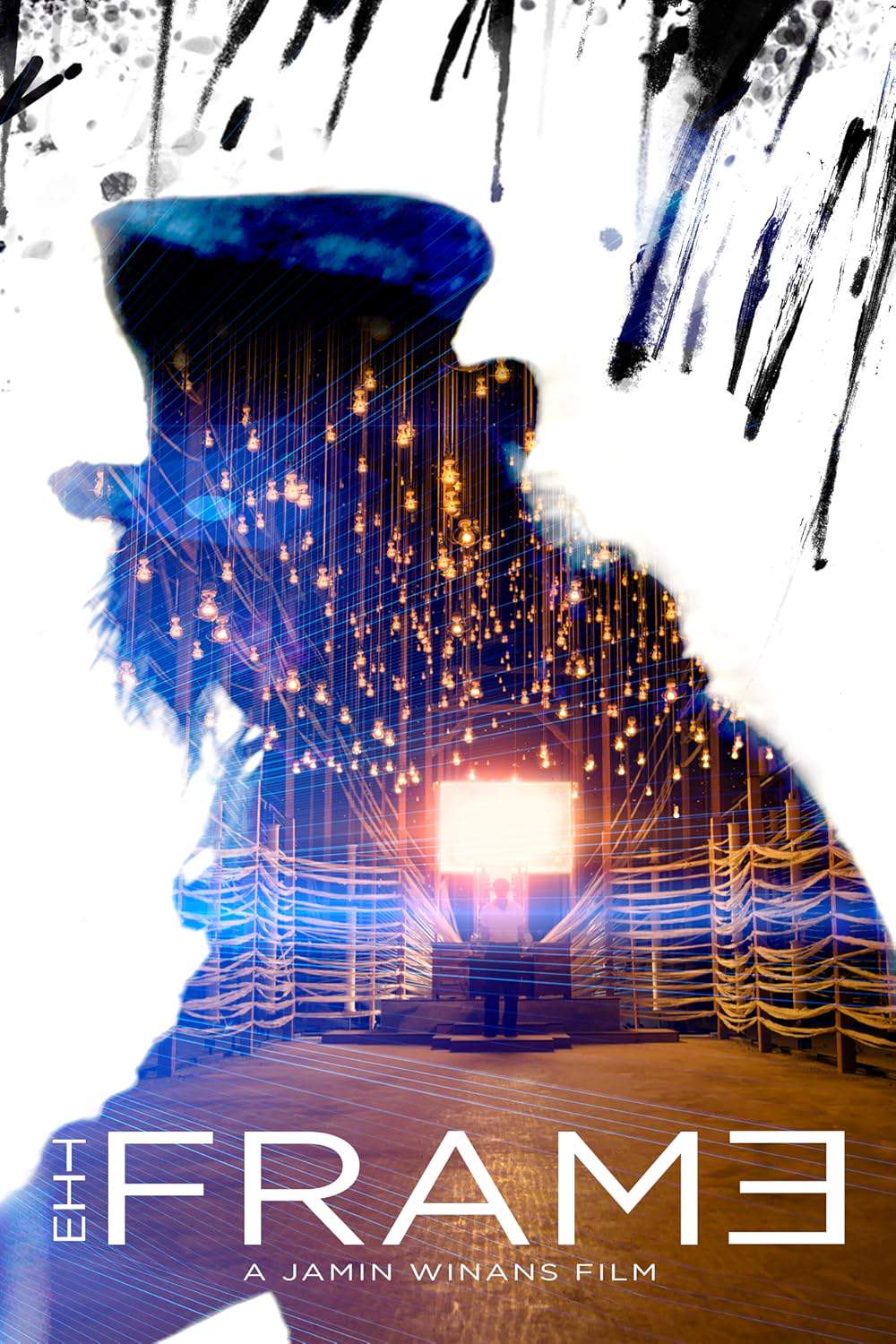
Lucia
Year: 2013
Runtime: 136 mins
Language: Kannada
A man suffering from insomnia is tricked into buying a drug, Lucia, that makes his desires come true in his dreams, blurring the line between fantasy and reality.
Warning: spoilers below!
Haven’t seen Lucia yet? This summary contains major spoilers. Bookmark the page, watch the movie, and come back for the full breakdown. If you're ready, scroll on and relive the story!
Lucia (2013) – Full Plot Summary & Ending Explained
Read the complete plot breakdown of Lucia (2013), including all key story events, major twists, and the ending explained in detail. Discover what really happened—and what it all means.
In Bengaluru, Nikki, a humble Usher/torch-shiner in a cinema owned by Shankranna, grapples with insomnia and a quiet longing for companionship. He leads a modest life, grateful for what he has, yet the restless nights push him toward a risky shortcut when a drug dealer offers him Lucia pills. The dealer touts the pills as a doorway to the life Nikki secretly desires, promising that the dream will feel real, but warning that waking from it may turn those dreams into nightmares if he ever stops taking them. This uneasy proposition launches Nikki into a sequence of vivid, intertwined dreams and waking moments that blur the line between what’s possible and what’s possible only in sleep.
As Nikki sinks deeper into the pill-induced dreams, his life begins to mirror the fantasy: he imagines himself as a successful actor surrounded by familiar faces from the real world, all rendered in black‑and‑white interludes that heighten the sense of an alternate reality. In these dreams, a contract killer threatens him with extortion, while in the waking world, the same shadowy threat extends to Shankranna’s life as well, as debt and power shorthand a brutal city-wide game. Meanwhile, Nikki’s relationship with Shwetha—a model in the dream world and a waiter in reality—deepens, even as she initially resists his modest income and uncertain future. Her gradual acceptance, and her efforts to help him education-wise, add a tender counterpoint to the danger and disorientation around them.
The film juggles themes of ambition, love, and the seduction of an ideal life. In the dream realm, Nikki discovers a version of himself that commands attention and status; in reality, he clings to a simpler dream—being close to Shwetha and finding honest work that matches his character. Shankranna’s backstory—once a film actor whose debts threaten to shutter his theatre—threads through both planes of existence, culminating in a tragic turn when the real-life goons close in. Nikki’s attempt to protect Shankranna by redecorating and presenting his film to audiences marks a turning point, and his bond with Shwetha appears to promise a future together despite the ongoing threats.
The tension intensifies as the dream world’s stakes spill into reality: Shwetha endures danger from those who want Nikki kept under control, and a tense sequence unfolds where a sting operation is mounted to uncover the truth about Lucia pills and the conspiracy surrounding Nikki’s life. The investigation reveals a shocking, cinematic twist in which the investigators and Shwetha watch a rerun interview in which Nikki confesses his disdain for stardom and reveals that he is color‑blind from a childhood accident. He speaks of wanting to be a normal person, and of a dream in which he is the torch-shiner who earns no attention but finds happiness in love.
Confronted with the possibility that Nikki has chosen a dream life over the harshness of reality, Sanjay orchestrates a dramatic ruse. He stages himself as a contract killer and shoots the comatose Nikki in the head with an empty gun, while Nikki, still alive in the dream realm, experiences everything collapsing around him and is killed by a head shot. When Nikki finally awakens from the coma, the doctors and Shwetha’s relieved faces confirm that the boundary between dream and reality is fragile, if not entirely erased. Yet the closing moment preserves a sense of choice: Nikki, conscious but overwhelmed, appears to have found a form of happiness in the tension between what is real and what could be real in one’s dreams.
Ultimately, the film leaves viewers with a haunting meditation on desire, reality, and the power of dreams to shape who we become. It follows Nikki’s journey from a quiet life in a Bengaluru theater to the intoxicating fantasy of success, and back again, where the only certainty is the love he forges with Shwetha and the unsettling realization that, sometimes, the line between dream and life is the only life one can truly live.
Last Updated: October 01, 2025 at 10:24
Explore Movie Threads
Discover curated groups of movies connected by mood, themes, and story style. Browse collections built around emotion, atmosphere, and narrative focus to easily find films that match what you feel like watching right now.
Movies about dreams and reality like Lucia
Psychological journeys where the fabric of reality is called into question.If you enjoyed the mind-bending exploration of dreams and reality in Lucia, you'll find similar thrilling experiences here. These movies, like Inception or Paprika, challenge perception and immerse you in a world where nothing is certain.
Narrative Summary
These narratives typically follow a character whose grip on reality loosens, often triggered by a psychological condition, a substance, or a technological intervention. The story structure is complex, blending sequences from different layers of existence, forcing the audience to actively engage in untangling the truth.
Why These Movies?
They are grouped by their shared core theme of questioning reality, creating a consistently tense and atmospheric mood. They share a complex narrative structure and a heavy emotional weight centered on identity and existential fear.
Intense psychological dramas with bittersweet endings like Lucia
Emotionally heavy stories of characters grappling with internal and external turmoil.For viewers who appreciated the heavy emotional journey and bittersweet conclusion of Lucia, this list features similar intense character studies. These films, like Requiem for a Dream or Shutter Island, delve into the dark corners of the human psyche.
Narrative Summary
The central narrative arc involves a character's descent into a personal crisis, often fueled by ambition, love, or addiction. The journey is fraught with high stakes and emotional turmoil, leading to an ending that is rarely purely happy, instead offering a complex, bittersweet resolution that acknowledges the cost of the experience.
Why These Movies?
They share a high emotional intensity, a heavy dramatic weight, and a focus on profound character crises. The tone is consistently tense and the pacing can be variable to reflect the character's turbulent internal state, culminating in emotionally complex endings.
Unlock the Full Story of Lucia
Don't stop at just watching — explore Lucia in full detail. From the complete plot summary and scene-by-scene timeline to character breakdowns, thematic analysis, and a deep dive into the ending — every page helps you truly understand what Lucia is all about. Plus, discover what's next after the movie.
Lucia Timeline
Track the full timeline of Lucia with every major event arranged chronologically. Perfect for decoding non-linear storytelling, flashbacks, or parallel narratives with a clear scene-by-scene breakdown.

Characters, Settings & Themes in Lucia
Discover the characters, locations, and core themes that shape Lucia. Get insights into symbolic elements, setting significance, and deeper narrative meaning — ideal for thematic analysis and movie breakdowns.

Lucia Spoiler-Free Summary
Get a quick, spoiler-free overview of Lucia that covers the main plot points and key details without revealing any major twists or spoilers. Perfect for those who want to know what to expect before diving in.

More About Lucia
Visit What's After the Movie to explore more about Lucia: box office results, cast and crew info, production details, post-credit scenes, and external links — all in one place for movie fans and researchers.


